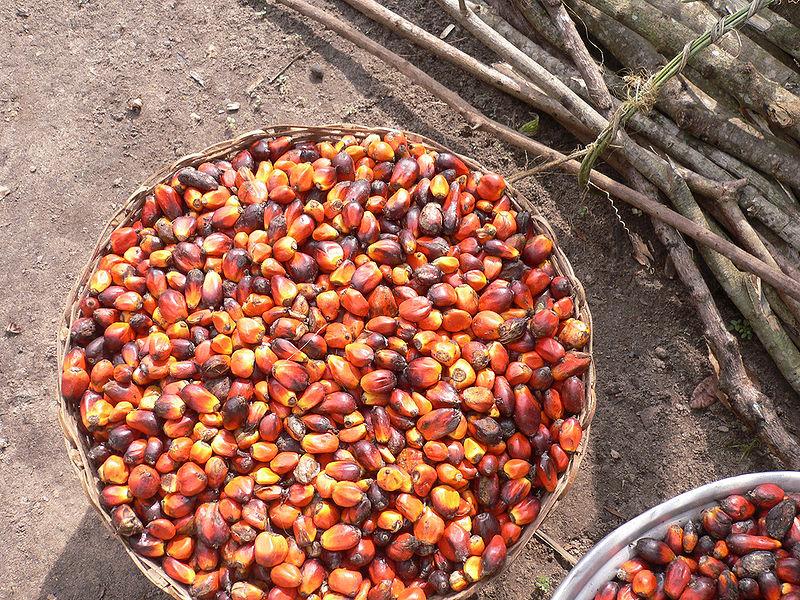
The calls for companies to become more ethical when it comes to the sourcing of palm oil have grown even louder in recent months. With hydrogenated fats largely disappearing over health concerns, in addition to the surging demand worldwide for packaged foods and personal care products, the thirst for palm oil continues to grow rapidly. Companies who remain silent on responsible palm find themselves on the outside looking in, and will face more criticism from environmentalists and human rights activists. Cargill was one of those firms.
That has changed. The $137 billion company recently issued a new sustainable palm oil policy, a significant victory considering Cargill is a privately-held firm and not necessarily subjected to shareholder and stakeholder pressure to the degree a public company would face. NGOs such as the Rainforest Action Network have long complained about Cargill’s operations even though the company joined RSPO (Roundtable on Sustainable Palm Oil) in 2004. Additional watchdogs including the Union of Concerned Scientists have kept the pressure on consumer packaged goods and food processing companies to disclose their performance on palm oil sourcing — a difficult task when it comes to keeping private companies such as Cargill accountable because they often disclose far less information on how they conduct their business.
According to a memo recently released by Cargill, the company will work on the three pillars of sustainable palm oil production. First, the company will develop a traceable palm oil supply chain with a zero-deforestation policy. That will include a commitment to no future palm oil cultivation on peat soils, the massive carbon sinks located within tropical rainforests that end up contributing to the globe’s greenhouse gas emissions when exploited. Finally, Cargill has stated they will not source palm oil from areas where indigenous peoples have been exploited — an important step as the human cost of families who have lost their land rights due to industrialized palm oil production reveals the ugly side of this growing industry.
The key to whether Cargill actually follows through on these promises is transparency. The company claims it will start issuing annual updates about the progress of its new palm oil policy before the end of this year. A semi-annual progress report will be released in September, and meanwhile Cargill has committed to filing annual reports to the RSPO as required from member companies. And in a nod to human rights advocates, the company will prohibit its suppliers from using any forced or illegal labor — including that of course, involving children. Cargill has also said it will include small landholders’ palm fruit within their supply chain, but did not offer a specific percentage or deadline of when this would occur. Considering the environmental destruction that has resulted from turning rain forest into a palm oil monoculture, more action by Cargill and its peer companies are needed.
Many will say Cargill’s policy does not go far enough compared to stops other firms have taken. Indeed, companies excel at promising and providing frameworks when it comes to new environmental and social policies: the difficulty will be in the execution. But the deforestation resulting from ramped up palm oil production will not stop overnight, so the engagement of firms such as Cargill is necessary to raise awareness and nudge companies in all sectors to take responsible palm oil sourcing seriously.
Image credit: Wikipedia (Martin H.)
Leon Kaye has lived in Abu Dhabi for the past year and is on his way back to California. Follow him on Instagram and Twitter.

Leon Kaye has written for 3p since 2010 and become executive editor in 2018. His previous work includes writing for the Guardian as well as other online and print publications. In addition, he's worked in sales executive roles within technology and financial research companies, as well as for a public relations firm, for which he consulted with one of the globe’s leading sustainability initiatives. Currently living in Central California, he’s traveled to 70-plus countries and has lived and worked in South Korea, the United Arab Emirates and Uruguay.
Leon’s an alum of Fresno State, the University of Maryland, Baltimore County and the University of Southern California's Marshall Business School. He enjoys traveling abroad as well as exploring California’s Central Coast and the Sierra Nevadas.














